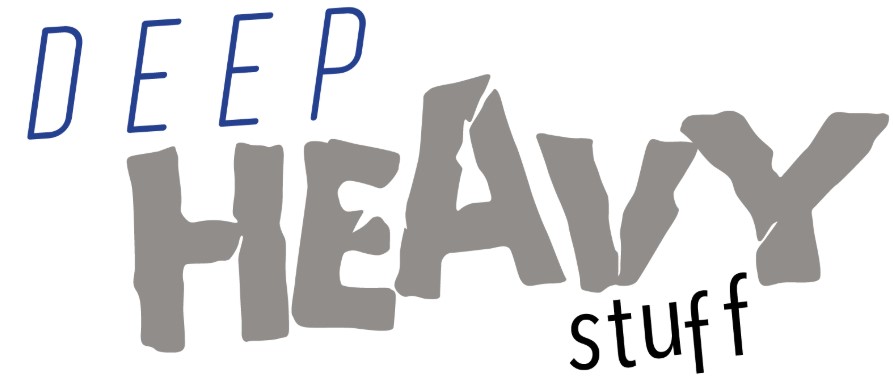I ambled across the room to greet her. As I approached, I noticed the hollowness of her eyes. It was as if the life had been totally sucked out of her, and in a way, it had. She appeared frail and transparent. I could see right through her. There was no hiding her pain, so she didn’t try. It was immense, overwhelming agony. She radiated anguish, and she was figuratively bleeding all over the floor.
She had lost her husband of over 20 years. It was sudden
and unexpected. Her plunge to the bottom was deep and rapid, and the crash
severe. This was of no fault of her own, and yet she probably found something
with which to blame herself. Because that’s the type of irrational thinking you
experience at the bottom.
It was the first time I had seen Cindy since the funeral seven months ago. I figured she would have been doing better by now. But how could I know what to expect, never having experienced a loss this devastating?
Her condition caught me off guard. In a few seconds, I
would speak to her, and what possibly could I say? I couldn’t ask, “How’s it
going?” because she is going through hell, and I don’t want her to have to
describe the trip. In fact, all small talk is out. Because it’s small, and what
we have here is trauma, enormous trauma.
My brain starts spinning, trying to come up with the right
words to say. I’m a positive person, and I don’t function well in negative
situations, so my rule is to let my words be few. So, after the customary
hellos, I blurt out:
It’s going to get better.
Cindy’s expression reflects complete rejection of my
statement.
It’s going to get better; I
restate it.
This time she scrunches her face and turns her head. She is
hurting so badly, and the idea is so inconceivable, she can’t even verbally
express her dismay.
Trust me. It’s going to get better (repeated for yet a third time in a slightly softer tone)
Two lies you tell yourself at the bottom are: “It’s never
going to get better” and “You’re always going to feel this way”. You really
believe it’s always going to be this terrible. You can’t see the future because
you are overwhelmed by the present.
How did I know it was going to get better? What I saw was a
beautiful, smart, charming woman. With terrific children and an incredible
family supporting her and half of her life still to be lived.
But Cindy couldn’t see that. You plummet to the bottom
because you lost something – a person, a spouse, a relationship, a job, a
status, an income, an asset, your dignity, your health, etc.
And at the bottom, all you can see is what you lost, not
what you still have. We agonize over the loss. We want the lost thing back so desperately.
We yearn to go back in time. But that can’t happen.
What you still have left, after the fall, is vitally
important. It’s what you will build upon as you move forward. It is the
platform on which your recovery begins. It is your base; it is your core. And
that doesn’t disappear, no matter how far you fall.
So, to repeat with emphasis. After the fall:
IT’S NOT WHAT YOU LOST THAT’S IMPORTANT – IT’S
WHAT YOU STILL HAVE
A year later, I could tell Cindy was coping better, and the
grieving process was continuing. My message to her was the same.
“It’s going to get better,” I said again.
“I hope so,” she replied.
Ah, there was hope! So, I raised the bar.
“I think it’s going to get much better,” I emphasized with
a smile.
When I saw the hope in her eyes, I knew she was on her way
back.
But she had lost something precious, a great husband and a
great man. Her life had been great, greater than she had ever realized, until
he was gone. This recovery was going to take some time.
And then it happened. Her life became good. And then her
life became great once again. I don’t know if her life now is better than
before the tragedy, but it could be. Regardless, Cindy has a great life. And
that’s because:
It’s not what you lost that’s ultimately important – It’s
what you still have.







